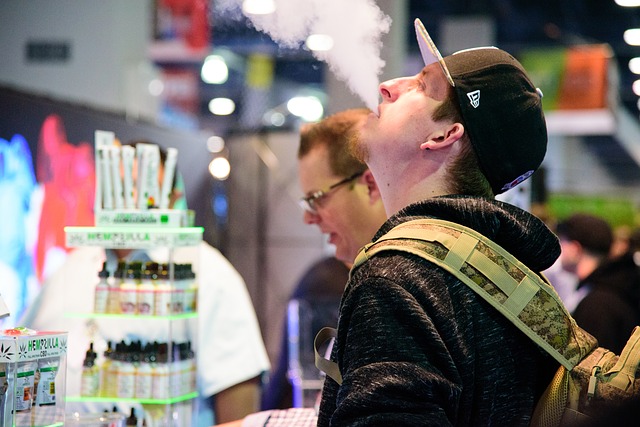Following countless alarming media reports and mounting public pressure, the FDA has been infamously cracking down on Juul labs and teen vaping. Last September, the agency issued more than 1,000 warning letters to U.S. retailers and manufacturers of e-cigarettes, amongst which Juul, in what the agency called “the largest coordinated enforcement effort in the FDA’s history.”
In the letters, the agency demanded that these companies present proof that they can keep the nicotine-containing products out of the hands of minors, within 60 days. Should they fail to do so, the FDA may ban candy-like flavors, such as bubble gum and crème brûlée, that may be particularly appealing to this age group.
Thousands of documents seized from Juul Labs
Then last Friday, the FDA conducted an unexpected inspection at Juul’s San Francisco headquarters, and seized over a thousand documents related to the company’s operations. The agency said that this inspection “sought further documentation related to Juul’s sales and marketing practices, among other things.
The article points out that currently, the best argument the FDA seems to have against Juul is the wide range of flavours that the manufacturer sells, some of which sound like child friendly candy or lip gloss flavours. However, in no way do these indicate a ploy to attract teens, and “the FDA seems to know that these names alone are going to be a losing argument which is why they requested, and now raided, Juul’s research and marketing data,” said the article.
Why banning flavours would be counterproductive
In the meantime, in line with previous research, a recent large scale peer reviewed study published in the Harm Reduction Journal last Summer, seemed to confirm that restricting e-liquid flavours may discourage smokers from switching to the proven safer alternatives that could save their life.
This study was conducted by the Centre for Substance Use Research (CSUR), and looked at data gathered from over 20,000 adult frequent vapers in the US. “The results show that non-tobacco flavours, especially fruit based flavours, are being increasingly preferred to tobacco flavours by adult vapers who have completely switched from combustible cigarettes to vapour products,” said Dr Christopher Russell, Deputy Director of CSUR, who led the research.
Read Further: Washington Examiner








